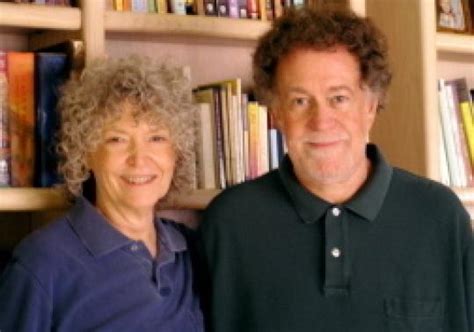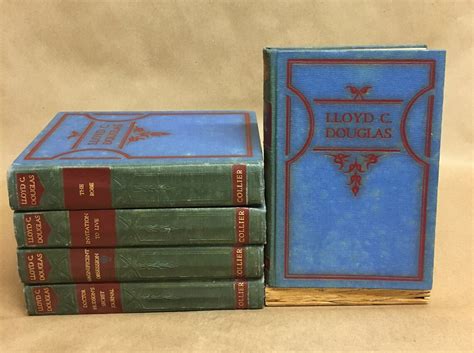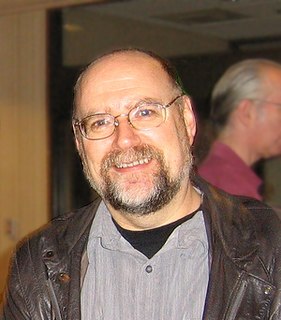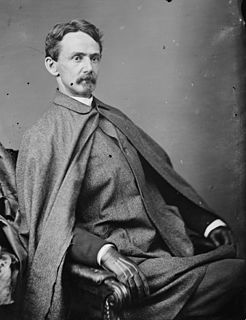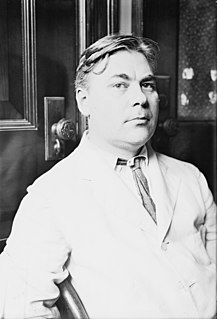A Quote by Friedrich Nietzsche
We must remain as close to the flowers, the grass, and the butterflies as the child is who is not yet so much taller than they are. We adults, on the other hand, have outgrown them and have to lower ourselves to stoop down to them. It seems to me that the grass hates us when we confess our love for it. Whoever would partake of all good things must understand how to be small at times.
Related Quotes
The gentle rain which waters my beans and keeps me in the house today is not drear and melancholy, but good for me too. Though it prevents my hoeing them, it is of far more worth than my hoeing. If it should continue so long as to cause the seeds to rot in the ground and destroy the potatoes in the low lands, it would still be good for the grass on the uplands, and, being good for the grass, would be good for me, too.
I love child things because there's so much mystery when you're a child. When you're a child, something as simple as a tree doesn't make sense. You see it in the distance and it looks small, but as you go closer, it seems to grow - you haven't got a handle on the rules when you're a child. We think we understand the rules when we become adults but what we really experienced is a narrowing of the imagination.
For communication to have meaning it must have a life. It must transcend "you and me" and become "us." If I truly communicate, I see in you a life that is not me and partake of it. And you see and partake of me. In a small way we then grow out of our old selves and become something new. To have this kind of sharing I cannot enter into a conversation clutching myself. I must enter into it with loose boundaries. I must give myself to the relationship, and be willing to be what grows out of it.
I wish more of us could understand that our increasing isolation, no matter how much it seems to express pride and self-affirmation, is not the answer to our problems. Rather, the answer is a revival of our ancient commitment to God, who rules over all the peoples of the world and exalts no one over any other, and to the moral and spiritual values which were once legendary in America. We must reach out our hand in friendship both to those who would befriend us and those who would be our enemy.
There’s only one thing we can be sure of, and that is the love that we have -- for our children, for our families, for each other. The warmth of a small child’s embrace -- that is true. The memories we have of them, the joy that they bring, the wonder we see through their eyes, that fierce and boundless love we feel for them, a love that takes us out of ourselves, and binds us to something larger -- we know that’s what matters. We know we’re always doing right when we’re taking care of them, when we’re teaching them well, when we’re showing acts of kindness. We don’t go wrong when we do that.
Grass is the forgiveness of nature-her constant benediction. Fields trampled with battle, saturated with blood, torn with the ruts of cannon, grow green again with grass and carnage is forgotten. Streets abandoned by traffic become grass-grown, like rural lanes and are obliterated. Forests decay, harvests perish, flowers vanish, but grass is immortal.
Cross out as many adjectives and adverbs as you can. ... It is comprehensible when I write: "The man sat on the grass," because it is clear and does not detain one's attention. On the other hand, it is difficult to figure out and hard on the brain if I write: "The tall, narrow-chested man of medium height and with a red beard sat down on the green grass that had already been trampled down by the pedestrians, sat down silently, looking around timidly and fearfully." The brain can't grasp all that at once, and art must be grasped at once, instantaneously.
But the things is, you see, that two people can never actually become one no matter how close they are. And it would not be desirable even if it were possible. What would happen when one of them died? It would leave the other as a half a person, and that would be a dreadful thing. We must each be a whole person and therefore we each need some privacy to be alone with ourselves and our own feelings.
A cow out on grass is just an incredible thing to behold... Cows and other ruminants can do things we just can't do. They have the most highly evolved digestive organ on the planet, called the rumen. And the rumen can digest grass. It takes grass, cellulose in grass, and turns it into protein, very nutritious protein. We can't do that.





